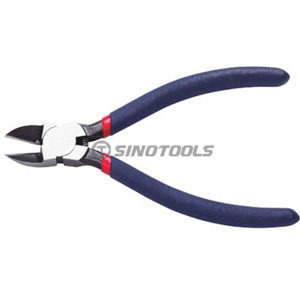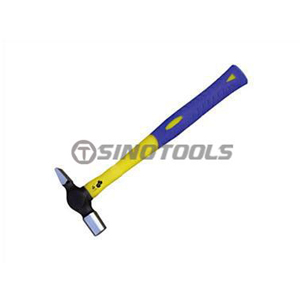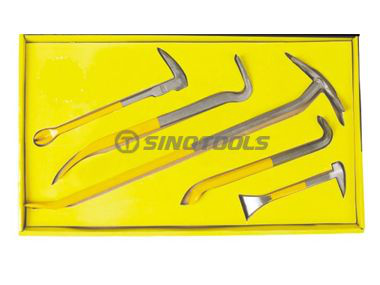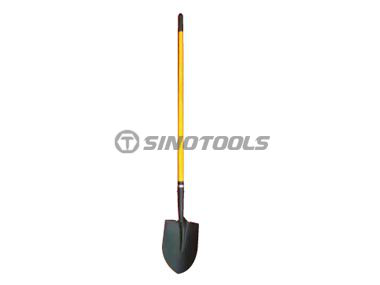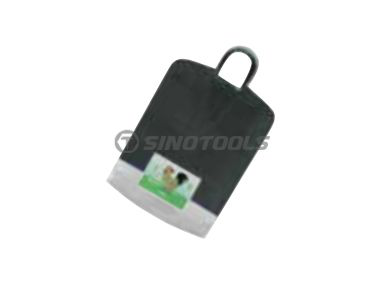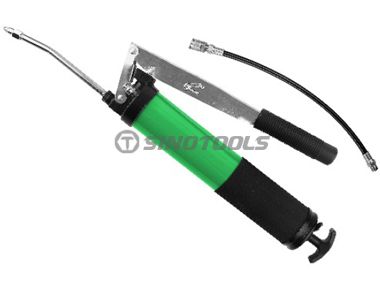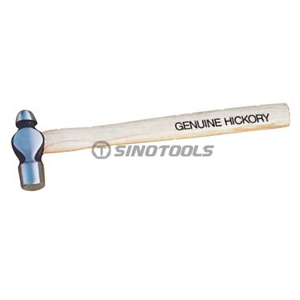To do a job, you need to choose the tools that are appropriate for the job, and you must use it correctly.
Safe use of pliers
There are many types of hand pliers. The most commonly used is the 152 mm combined fish-nose pliers. The size of the jaw can be changed by the sliding twist of the fish mouth pliers, which is convenient for clamping large diameter objects. In order to cut the wire, some pliers have edge cutting.
Pliers are often misused as other tools. The use of China cutting pliers should be limited to their intended use. Clamp or cut, never loosen the nut with pliers. There are two reasons for this: one is that the jaws of the hand pliers are flexible and cannot hold the nut fixedly; the other is that clamping the nut with hand pliers will leave tooth marks on the nut and even make its edges and corners bald for future repair, disassembly and assembly. Cause difficulties.
When using pliers to cut off wires and other objects, users and bystanders should be careful to avoid the inside of the cutting edge of the pliers.
If you want to clamp the workpiece and try to minimize the force, make the jaws of the pliers as parallel as possible. Also pay attention to choosing the right size pliers. The correct size and position of the hand pliers is the basic guarantee for clamping the workpiece.
When cutting the wire with the pliers, care should be taken to prevent overload. The overload will break the cutting edge and the fragments may fly out and hurt people. This requires the user to correctly select the pliers. The selected pliers should be such that one hand holding the pliers firmly can cut the wire to be cut. Never cut the wire while holding the wire with this blade of the pliers, and then hit the head with a hammer.
Hand pliers, like other tools, should be kept clean, and usually pay attention to dripping oil on the coupling pin. This can reduce wear and prevent rust. Remember, rust is the evil enemy of all tools.
Pliers
Safe use of chisels
Chisels are often used with hammers. Use a large enough chisel for a job, and a large enough hammer for the music you choose. The hammer used for the chisel is preferably a wood hammer or other suitable claw hammers.
Hold it close to the upper end of the chisel. To hold the chisel, hold it with your thumb and index finger with your palms facing up. This will prevent the knuckles from being directly hammered).Generally, the chisel used should have a cutting edge that is as wide or wider than the part to be cut.
When using a chisel, be careful to keep the cutting direction away from yourself and those around you, and wear goggles.
The chisel's cutting edge must remain sharp. The hammered end of the chisel must not be crimped. With crimping, it may break and fly out of the wound when hammered. As soon as the edge of the chisel is curled, it should be repaired immediately.
The chisel must be stabilized and not allowed to swing back and forth. If it is too cold and your hands are frozen, do not hold the chisel. Especially someone swinging a hammer. Never use a wood chisel without a handle.
